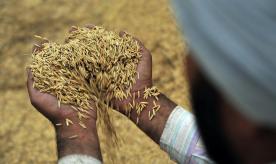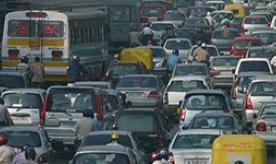Rohini Somanathan is Professor of Economics at the Delhi School of Economics. Her research interests lie at the intersection of development economics, public economics and political economy. A major strand in her research explores mechanisms through which public institutions and community behavior influence patterns of mobility and group inequality. This includes work on the politics of caste identities in India and racial segregation in the United States.







